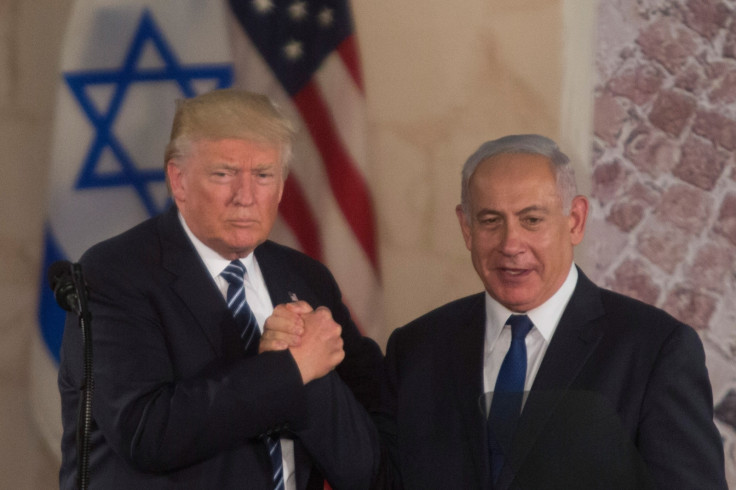Defiant Trump declares Jerusalem as Israel's capital despite international warnings
Numerous international leaders have spoken out against the move.
President Donald Trump has announced that the United States will officially recognise Jerusalem as the capital of Israel. In a speech on Wednesday 6 December, Trump said that the decision was in America's best interests and was simply acknowledging "the obvious".
Trump also announced that the American embassy in Israel will move to Jerusalem from its current location in Tel Aviv, saying that the new diplomatic building will be a "manificent tribute to peace".
"The US would support a two-state solution if agreed to by both sides," Trump said, adding that the US called for both sides to keep the status-quo at Jerusalem's holy sites.
"The United States remains deeply committed to helping facilitate a peace agreement that is acceptable to both sides. I intend to do everything in my power to help forge such an agreement," Trump said.
Noting the controversial nature of the announcement, Trump said "there will of course be disagreement and dissent regarding this announcement - but we are confident that ultimately, as we work through these disagreements, we will arrive at a place of greater understanding and cooperation".
On the presidential campaign trail, Trump had said that he would move the embassy - some view the announcement as Trump seeing through this promise. Both Israelis and Palestinians claims Jerusalem, which has been a divided city for decades, as their capital.
Briefing reporters ahead of the speech, senior administration officials said that the recognition of Jerusalem as the Israeli capital was a "recognition of reality" and that the statement did not affect US stances on political or physical borders in the region.
The embassy moving would likely be "a matter of some years", officials said.

Leaders around the world have cautioned Trump against the highly controversial move aimed at pleasing pro-Israel voices in his own party. Palestinian President Mahmoud Abbas said that the announcement would be "unacceptable" and "will complicate thing".
Saudi Arabia's King Salman, a close ally of the United States in the region, said that the declaration on Jerusalem would "harm the peace negotiation process and escalte tension in the region." Turkish President Recep Tayyip Erdoğan said that the move would "play into the hands of terror groups".
Pope Francis said that the city had a "special vocation for peace" for the three Abrahamic faiths and that he was "profoundly concerned" by recent developments. UK Foreign Secretary Boris Johnson said they viewed reports of the announcement "with concern", adding "we think that Jerusalem obviously should be part of the final settlement between the Israelis and the Palestinians, a negotiated settlement."






















